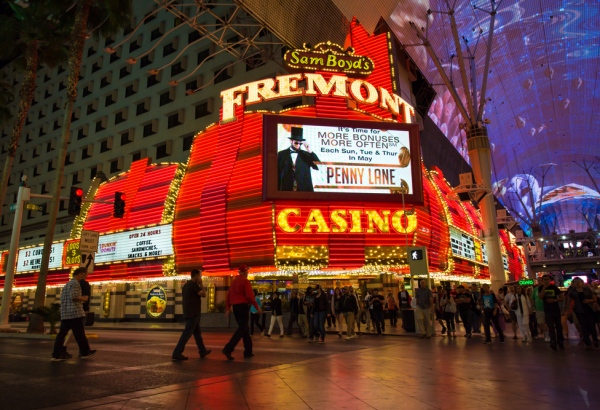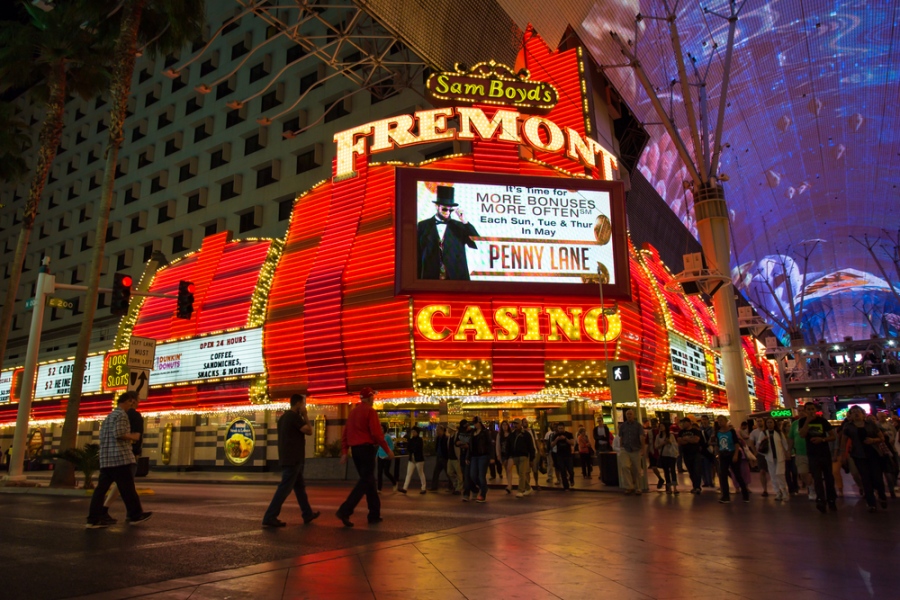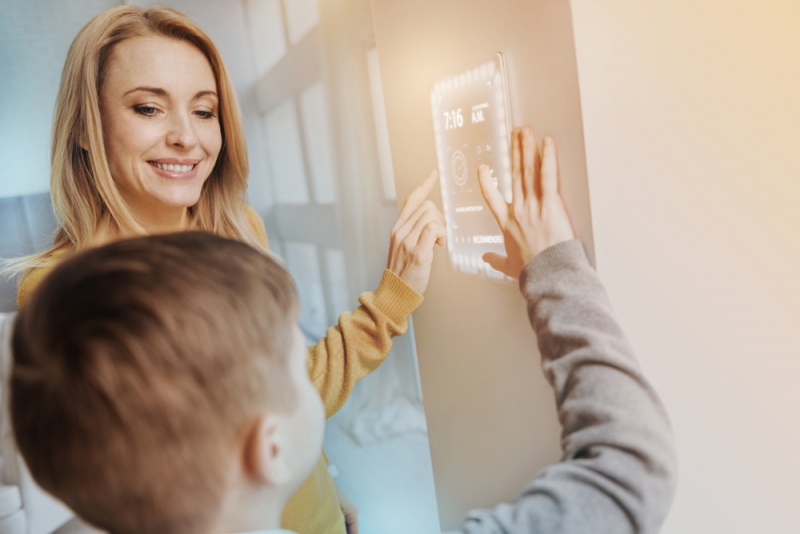Communicating With Tenants
It makes sense that people renting apartments will move more often than most others, but how often do they move? As it turns out, the average apartment stay is around two years, a number that surprises some housing managers who insist it can’t be that high. There’s a certain logic to that number, though. People who rent have invested less in their property than people who own their own home, but that doesn’t mean that don’t have any investment at all. One way landlords can increase tenants’ emotional investment is to make sure they have a pleasant, safe living environment. No landlord can expect a turnover rate of zero, but if you reduce the number of people moving out, you can also reduce operating costs. A good landlord-tenant relationship starts with solid communication.
What Renters Want
One of the best things a landlord can provide to his or her tenants is information. If you commit to transparency, your tenant will know that they can trust you to level with them in good times and bad. That starts the moment you shake hands with a prospective tenant and show them around the apartment they’re thinking of renting.
There’s often a divide between the amenities renters are looking for and what properties are offering. For instance, an estimated 53 percent of renters would love to have a washing machine (and presumably a dryer) inside their apartment. It’s much more convenient to go to the hallway or bathroom and throw some dirty clothes into the washing machine than it is to load everything up in a basket and head to a laundromat. If you as a landlord can’t offer that (only about 13 percent of units do), level with prospective tenants about what you do offer. Maybe your on-site laundry facility isn’t coin-operated, which will save tenants the trouble of having to gather up their quarters. Don’t dodge the question or try to act like it’s not important. If they’re asking, then they feel it’s important, so you shouldn’t make a habit of telling them otherwise.
Clear Rules and Regulations
In the year 2018, there’s also no excuse not to have a comprehensive website that offers tenants the ability to do things like fill out an online rental application and pay the rent with an electronic check. Landlords should consider a good website another cost of doing business. In the long run, it’ll make life easier for you and your renters both. Set up an email address so they can ask questions that way as well, and when you get a question, make sure to respond to it within a reasonable time frame. One or two business days is reasonable, but a week usually isn’t. If you’re having trouble finding an answer, tell them that and promise you’ll get back to them as soon as you can.
If possible, upload a copy of each tenant’s lease to their online account. When they log onto the online portal, they should be able to find their lease with no more than a couple of clicks. That way, when you want to refer to the lease, you can tell them to simply go online and check it out for themselves. Sure, it would be nice if every tenant kept a physical copy of their lease in a safety deposit box, but electronic storage is becoming more and more commonplace.
If you have a rule that is a little out of the ordinary, make sure to circle or highlight that when you’re going over the lease with your new tenant. For example, plenty of apartment complexes have rules about what kind of cars can and can’t be parked in the lot. That’s to avoid situations where someone uses your apartment parking lot as a junkyard. You probably shouldn’t tell your tenants to get their car professionally cleaned once a month, but you can give them a strict timeline for removing things like graffiti.It’s a lot easier to explain something like that at the beginning of the tenant-landlord relationship. That way, if they come back a few months later and try to argue that you never told them about a certain rule, you can point to the lease and prove otherwise.




















Leaver your comment